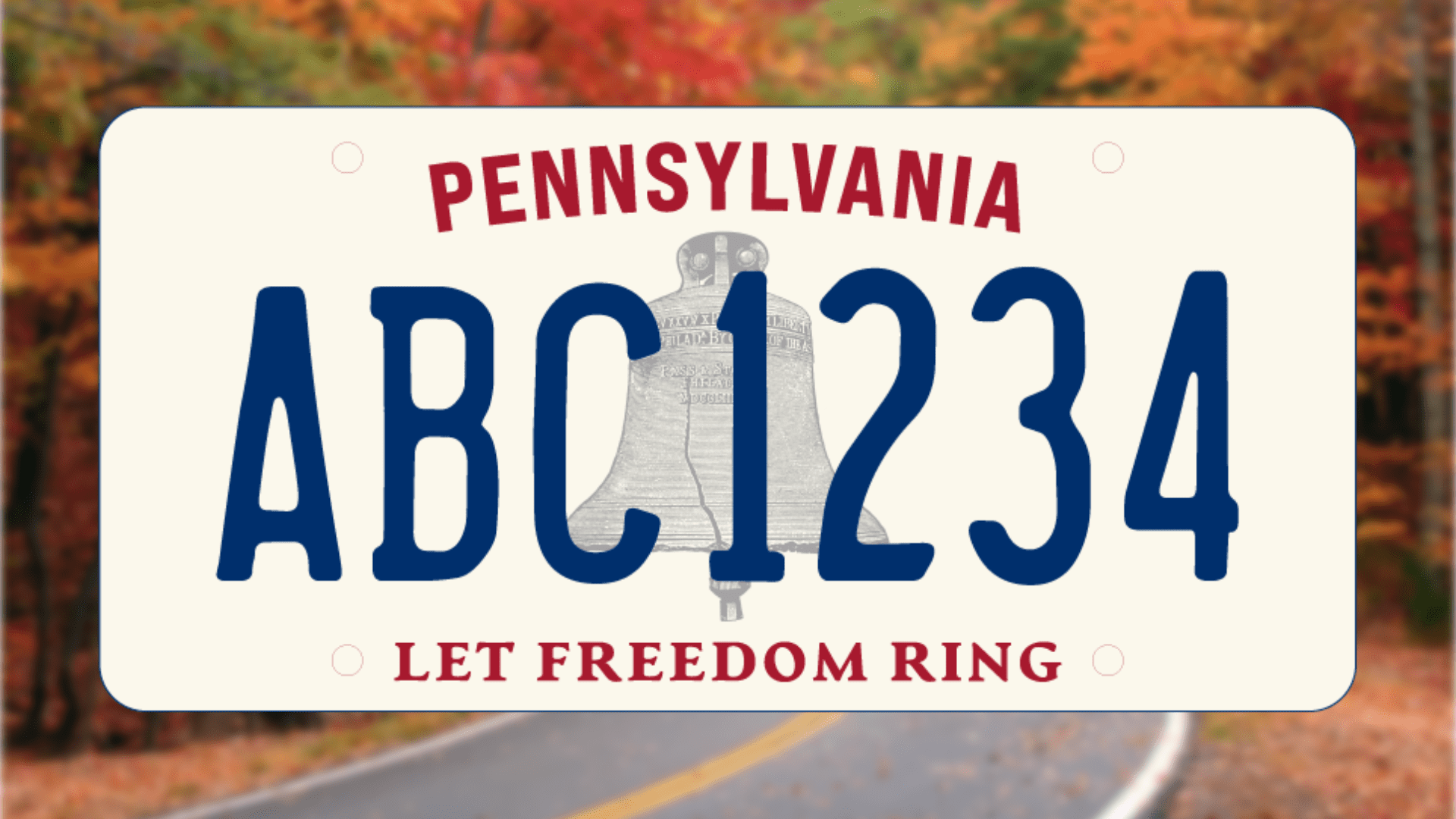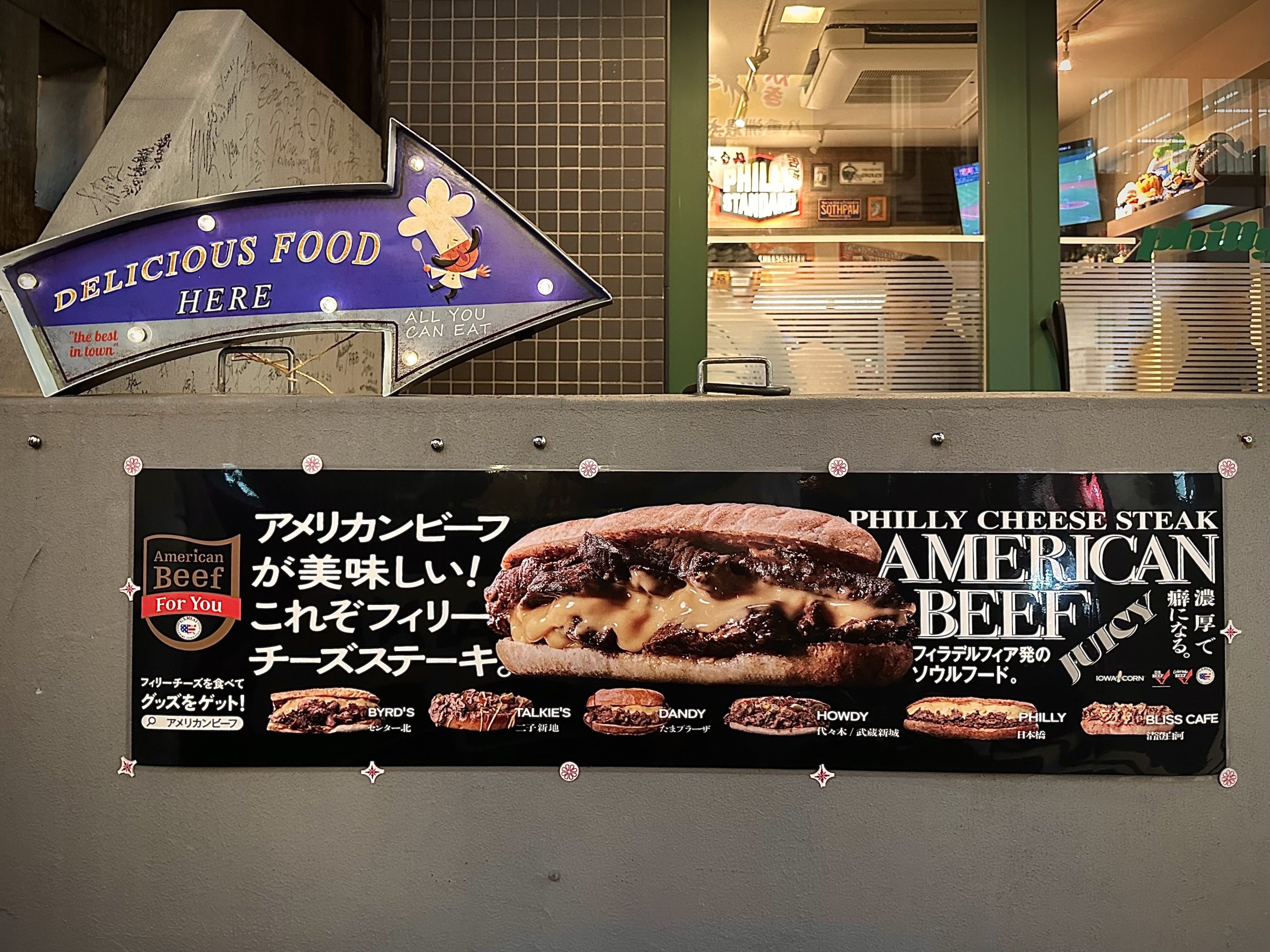The citywide street-cleaning blitz that launched about a month ago has reached more than 5,000 blocks so far, and residents are noticing.
Mayor Cherelle Parker said sanitation workers, L&I inspectors, road repair crews and other personnel will visit all of the city’s roughly 18,000 blocks this summer to clean up litter and address nuisances like vacant lots, abandoned vehicles, potholes and graffiti.
The “One Philly” cleanup is part of the larger Clean & Green initiative that Parker created after she took office in January. It also includes efforts like expanding the Taking Care of Business commercial corridor cleaning program and installing more city trash cans on sidewalks.
The impact of the cleaning push seems to have varied, residents say, from quick sweeping up of some litter to more extensive work like pothole repairs and towing of cars.
Their opinions on the significance of the effort were also divided. Some applauded the Parker administration for addressing a long-standing problem, while others described the initiative as only cursory and said the city needs to do much more cleaning and anti-dumping work.
Striving for tangible change
When Mayor Cherelle Parker took office, she vowed to focus on action over talk and on making a visible impact.
“You deserve to see your tax dollars at work in your neighborhood — in tangible ways that we can all see, touch and feel,” she said during her inauguration speech.
She highlighted a few critical areas: poverty, gun violence, and blight — such as “illegal trash dumps and nuisances that degrade neighbors’ quality of life and enjoyment of their blocks and communities.”
The perennial trash problem that has led people to call the city “Filthadelphia” stems in part from the phasing out of citywide street-sweeping in the early 2000s. In the last few years sweeping has been partly revived for neighborhoods identified as having particularly bad litter problems, and Parker has said she wants to expand it further.
The administration has also boosted funding for illegal dumping cleanups and says it wants to install more surveillance cameras to catch or deter dumpers.
Some critics say a lack of police enforcement and a rule against waste-haulers using city sanitation centers makes it cheaper and easier for them to dump tons of tires and other debris on streets and vacant lots, rather than paying for legal dumping.
Starting an ‘extremely important’ conversation
The 13-week, interdepartmental cleaning program began in Frankford in early June, moved through the River Wards and then headed across North Philly. Crews arrive on the day after regular curbside pickup.
West Philly, Southwest Philly, South Philly, parts of Northwest Philly and Center City are on the schedule for July, and Northeast and most of Northwest Philly are scheduled for August. A map showing when cleanings will occur is available online. (Click “2024 Citywide Cleaning Schedule” in the sidebar, then tap on your neighborhood on the map.)

East Oak Lane resident Kelly McShain Tyree said she’s “very aware” of the administration’s focus on Clean & Green.
Her community already does a good job of sweeping sidewalks, but she noticed when a crew with leafblowers came by in mid-June, said Tyree, who is on the beautification committee of the Oak Lane Community Action Association.
“We don’t have trash on our curbs, but it was nice to see them here,” she said. A “funky old camper” that had been sitting on the street disappeared, which may have also been the city’s doing, she said.
“Even if it was just a gesture, the focus alone starts a conversation that’s extremely important in the city,” she said. “Changing it from Filthadelphia to the City of Brotherly Love, and where the neighbors get to experience that — that’s very helpful.”
About a month and a half ago, Streets Department crews patched potholes and repaved long-dilapidated sections of Oak Lane and three other roads, Tyree said. It’s unclear if that was part of the One Philly project, but she said it made a “huge difference” and was greatly appreciated by neighbors, who baked cookies for the workers.
Now she’d like the city to come back out and pull down the many bandit “We Buy Houses” signs stapled high up on utility poles, which neighbors have a hard time reaching. “That would be the more comprehensive help that we ourselves need,” she said.
Leaf blowers galore
Ninqi Stratton was unaware of the citywide cleanup initiative, but said she noticed when it reached her street in the Tioga neighborhood two weeks ago.
“I did happen to see someone using a leaf blower going down our block on Monday morning,” she said. “They got rid of a lot of the leaf litter our remaining elders can’t tend to themselves.”

Tioga has long had a problem with illegal dumping around old transit bridges, said Stratton, the founder of Tioga Neighbors, a community group focused on food insecurity. The dumping situation has improved lately, she said, but that’s entirely due to residents cleaning it up themselves.
She hasn’t seen any street-sweeping, either.
Officials have “ignored Tioga for a long time,” she said, citing a promised revitalization plan that has not made much headway. “The city makes a lot of promises, and then doesn’t really follow through with any of them.”
City sanitation workers started using leafblowers in 2019 as part of the initial pilot to restart street-sweeping. The goal was to clean curbs without forcing people to move their cars.
The blowers came in for heavy criticism for generating noise and pollution, and the experiment was officially discontinued, but they’ve since become a standard part of the city’s street-cleaning program.
Biting the elephant
In Brewerytown/Sharswood, where parking and moving cars is “a serious issue,” a resident named Doris said she saw three workers with blowers come through in mid-June — two on the sidewalk and a third in the street, walking behind a sanitation truck.
The block looked pretty good for a couple days, until there was a storm and the wind blew litter onto the sidewalk and street, said Doris, who declined to give her last name.
“We still have a little of the shine,” she said last Friday. “There’s a little less trash on the pavement. It still does look good.”
Other residents were less complimentary toward the One Philly program, saying city workers barely scratched the surface of what’s needed.
“They splashed our street with some water and called it a day,” groused one Reddit commenter. “Not a single piece of trash or shard of broken glass was picked up.”
“Same here,” wrote another. “Showed up with weed wackers, did 2 of the 8 vacant lots, didn’t touch graffiti, litter, the abandoned cars, chopped weeds left in the street, anything else, then left.”
Like Tyree, some people said they hoped that over time city cleanups will lead to a more comprehensive change in attitudes toward trash, perhaps by encouraging more residents to sweep their blocks themselves.
“I’m glad this is started,” one person wrote in the r/Philadelphia subreddit. “Everyone will say it’s not enough, but people that expect every street to sparkle on the very first pass of a new program are delusional.”
“It’s not great, but it’s something,” another commenter said. “You eat an elephant one bite at a time.”























